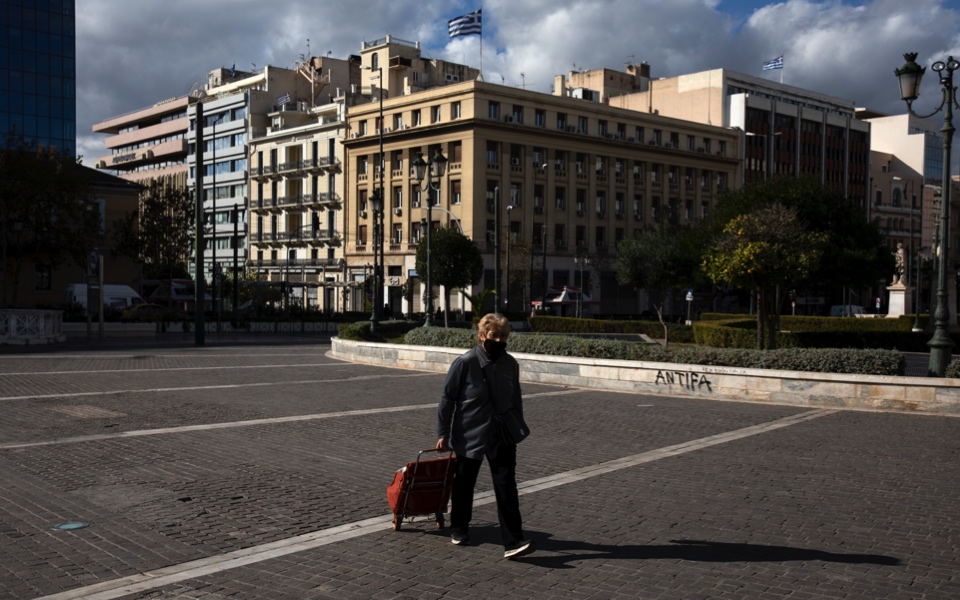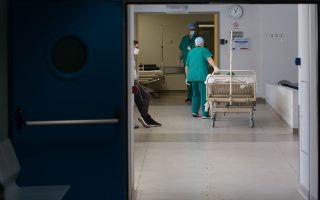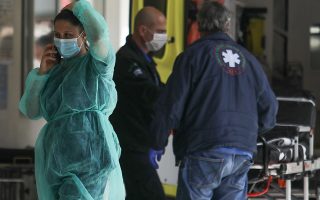Second lockdown slower to yield results

Authorities appear guardedly confident that new coronavirus cases will start falling this week. Earlier, they had believed that the infection rate would already be on a downward slope, but these hopes were dashed. Now, the consensus is that such a drop will be apparent by the middle of the week, though there are also more pessimistic forecasts of a drop in the infection rate not occurring until later, necessitating an extension of the lockdown.
The second wave of the pandemic has stretched the national health system to its limits, with hospital beds filling rapidly. It has become clear that, in unofficial parlance, “November is not March,” meaning that the conditions during the start of the first lockdown earlier in the year were different, and more favorable, as it is taking more time to flatten the infection curve. There are several factors that weigh in.
To begin with, the number of daily cases back at the end of March was a few dozen, while total cases were in the upper hundreds. In November, daily cases exceeded 3,000 on several occasions.
In March, all economic activity effectively ceased. This time, however, there are fewer restrictions. The government consciously decided to let many businesses operate and not test their viability as severely as eight months ago. Other activities, such as schools, were initially allowed to stay open, then curtailed as new cases soared.
There is also a certain “Covid fatigue” leading to a slacker observation of restrictions, such as social distancing and wearing masks in public all the time.
It is also possible that the virus has mutated. What is certain is the aggravating circumstance of weather turning colder, which helps spread the virus.
There were also instances where authorities, both local and state agencies, failed to enforce the measures rigorously. It is now accepted that Thessaloniki, where most of the new cases are being reported, should have gone into lockdown earlier.
Last, but not least, the surge in cases affected cities like Thessaloniki and Ioannina with a high proportion of university students, whose lifestyle helped spread the virus.
The government hopes a drop in the infection rate will help salvage something out of the holiday shopping season. As for a return to normal, this is not expected before next summer.





